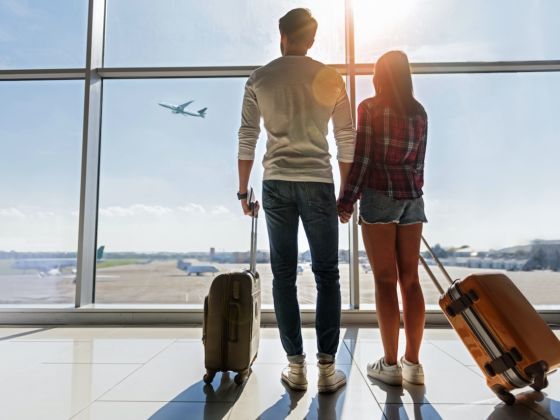I MOVED TO LONDON AT THE END of the summer of 2011. This was a couple of months after the city had exploded in riots following the police shooting of a man in Tottenham. My aunt called me a few days before I left.
“You’re still planning on going?”
“Uh… yeah.” I said, “I’m not going to skip grad school because of riots.”
“Hm. Well, be safe, I guess.”
I hung up confused. Ten years earlier our own hometown had exploded in race riots. I (and I’m sure my aunt) never actually saw or was affected by these riots in any real way. Most riots are pretty easy to avoid.
And why on earth would I let some looting hooligans keep me from living in my favorite city on the planet?
